Prayer and Fasting
Prayer and Fasting – a word from Pastor Eric Hernando
Hope Chapel Family,
Let me start by wishing you all a Happy New Year! After the year 2020 that seemed to stretch on for eternity it feels surreal to realize it’s already time to say goodbye to 2021.
Looking over the New Year’s letter I wrote last year I am reminded of how God impressed on my spirit that 2021 would be a year of change and new beginnings at Hope Chapel. As I survey our church family now, I can see how this did indeed come to pass. Looking just at our pastoral staff you can see how God called some to new ministries outside of Hope Chapel such as the Trigos moving to be missionaries in the Philippines, He called others to join our church family such as Pastor Megan coming to serve as our youth pastor, and He raised others up to new positions of ministry within the church such as the Wonderlys in Family Life and the Sadlers in the Worship and Young Adults ministries. I am sure many of you also can look back and see the new things God did in your lives!
Over the past several weeks as I have prayed for God’s direction heading into 2022, I felt Him impress upon my Spirit the need to intentionally establish Godly rhythms and routines in our lives. For many of us, our normal routines were completely upended by the pandemic. We then operated in crisis mode for several months or more. After that we started establishing new daily and weekly routines. Perhaps you are like me and those new routines formed almost accidentally, without any specific thought or intentional pattern. But I believe God is calling us to rethink and remix the rhythm of our lives.
As I preached last week, God gave Israel detailed instructions on how to build the Tabernacle and use it for worship. While we no longer live according to the Old Covenant, we serve the same God and I believe He is just as concerned with the details of how we build our lives and use our bodies (which the Bible also describes as tabernacles and temples for the Lord) to worship Him.
In order to intentionally establish new routines and life rhythms two things are required. The first is to take time in prayer and contemplation to discern what the routine and rhythm of our life should look like. The second is to clear out the time and space in our busy lives to start living according to these new rhythms. As a means of accomplishing both of these goals, I would like to invite you to join us in our annual tradition of kicking off the year with a week of prayer and fasting from January 3rd-9th.
This is not a call to a legalistic or even specific form of fasting. Rather you are invited to fast in whatever way is most effective for you and that you feel led to do. Some will fast food in general, others during certain meals or times of the day or from certain foods. Still others will fast from non-food things such TV, movies, the internet, social media, non-worship music, etc. This fast is also not a condemnation of the things we fast from. Rather it is the act of giving up good things in order to focus on greater things. It is clearing out space in our life rhythms and routines to make sure we have space for the things that are most important.
During this week of prayer and fasting we will transform the multipurpose classroom East of the Office into a prayer room that will be open from 7 am – 7 pm Monday-Saturday. We will break our fast with a time of food and fellowship after service on Sunday, January 9th.
Join me as we seek to create rhythms in our lives that are life songs of worship to our God!
Praying for you!
Pastor Eric Hernando
What is Fasting?
Many are familiar with fasting in the generic sense of not eating. But when it comes to Christian fasting a more detailed and nuanced explanation is needed. For Christians fasting is giving up something good in order to focus on something greater. Within this definition of fasting is the recognition that food (or whatever else we are fasting from) is a good gift from God. We don’t forgo food because it’s bad. Rather we forgo food to remind ourselves that what God has to offer is even greater than food.
Why Christians Fast
When we fast, we forgo food as a source of physical nourishment and strength to remind ourselves of our need to rely on God for spiritual nourishment and strength. Fasting is done in combination with a commitment to pray and study God’s word. As Jesus taught, Christians “do not live on bread alone, but on every word that comes from the mouth of God” (Matthew 4:4).
We want to focus this particular fast on praying for God’s will and provision for the upcoming year. To use an analogy, we give a tithe of our income to show that all we have comes from God and ultimately belongs to Him. In the same way, I want our church to fast for the first week of the year to show that we are committing the entire year to Him. We are praying that all we do in 2019 will be an act of worship to Him, in accordance with His will, and by the strength He provides.
How to Fast
When Jesus taught on fasting, he decried the legalistic tendencies of the Pharisees to turn fasting into a competition done for vain glory before men. So, I want to stress that fasting should not be legalistic, and no one should feel the need to “compete” with anyone else in terms of how they fast. There are many ways to fast and each member of Hope Chapel should feel comfortable to fast in whatever manner they feel called by God. Here are a few ways that Christians have historically fasted:

Water Alone
If you have never fasted before I DO NOT recommend a water only fast for an entire week as your first introduction to fasting. If you have special health needs (ex. Diabetes, Hypoglycemia, etc.) I would recommend consulting with your doctor before attempting a water only fast.

Fasting Solid Foods
(water, juice, tea, etc. allowed).

Time of Day Fasting
Christians can choose to fast during a certain portion of the day. For example, one might fast during the lunch hour and instead commit this time to prayer. Another popular form of this fast is to fast from sun-up to sundown with a small meal being eaten before dawn and/or after dusk.

Non-Food Fast
Christians can choose to fast from things other than food. For example, one might fast from watching TV, social media, the internet, etc. and commit some of the time they would have spent on those activities to prayer and the study of God’s word.
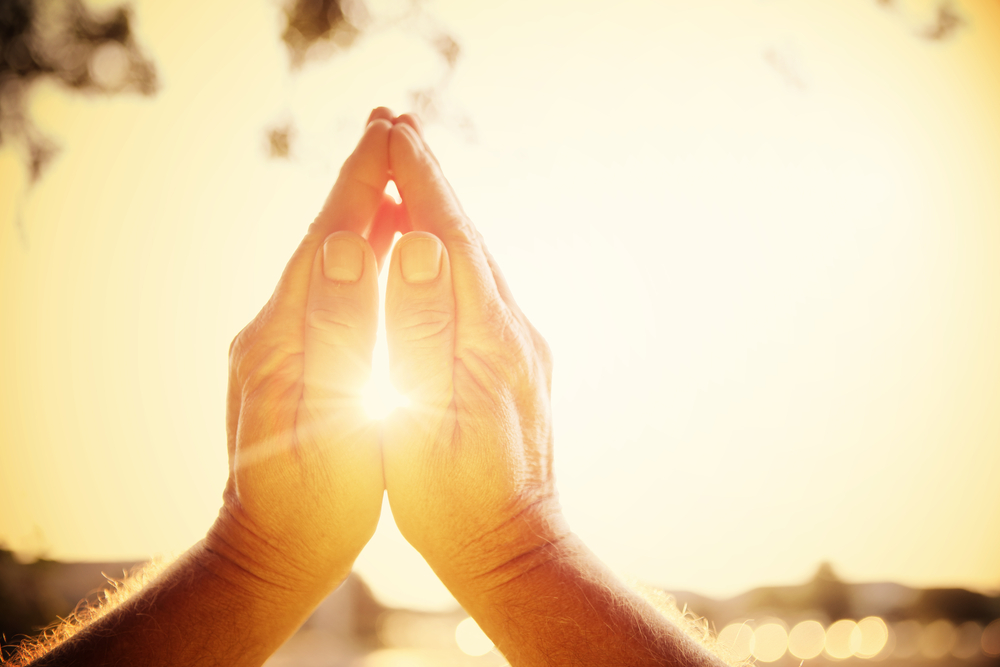
There is no single “correct” way to fast and fasting should be neither competitive nor legalistic. If you start out fasting with one method and feel the need to switch to another method of fasting, know that God loves you just the same and desires to work in your life regardless of your method of fasting.

Daniel Fast
This form of fasting is modeled after that practiced by the prophet Daniel as described in Daniel 10:2-3. A Daniel Fast consists of eating only fruits, vegetables, whole grains, nuts and liquids, while abstaining from meat, processed foods, rich foods and sweets. For an example of the Daniel Fast see: https://
Commitment to Pray and Study
As mentioned previously, we are fasting in conjunction with a commitment to pray and study God’s word in order for Him to be our source of spiritual strength and nourishment. To this end we will hold a series of prayer meetings and open the church individual prayer.
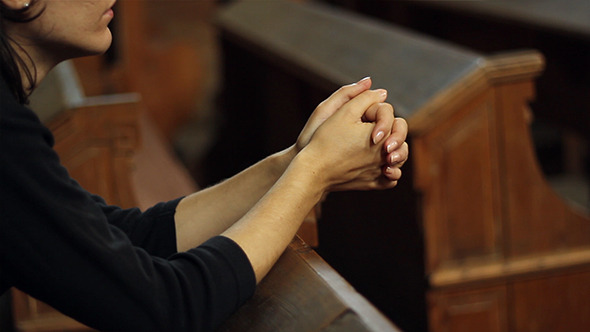
Monday: Individual Life
Ask God to show you the new rhythms He desires for your upcoming year. For example, instead of making a resolution to pray more or read the entire Bible this year, design and commit to a daily, weekly and seasonal rhythm of life that includes spending time in prayer and reading God’s word at certain times of the day and/or week.

Tuesday: Marriages, Families, and Singles
Pray for God’s will in your routine within your marriage, family or single life. For example, couples might seek a daily or weekly time to pray together, families a time or day of the week for family devotions, and singles a time for deep soul friendship with their brothers and sisters in Christ.

Wednesday: Spiritual Disciplines
Take some time to read about the various spiritual disciplines mentioned in the Bible and practiced by Christians throughout history. Then pray about and consider incorporating various spiritual disciplines into your weekly routine or schedule them seasonally on your calendar.

Thursday: The Lost
Pray for those near and far who have yet to accept Jesus as their personal Lord and Savior. Consider how you can make intercessory prayer for missionaries part of your rhythm of life. Consider scheduling into your rhythm of life time spent intentionally building friendships with non-Christians so you can share God’s love with them.
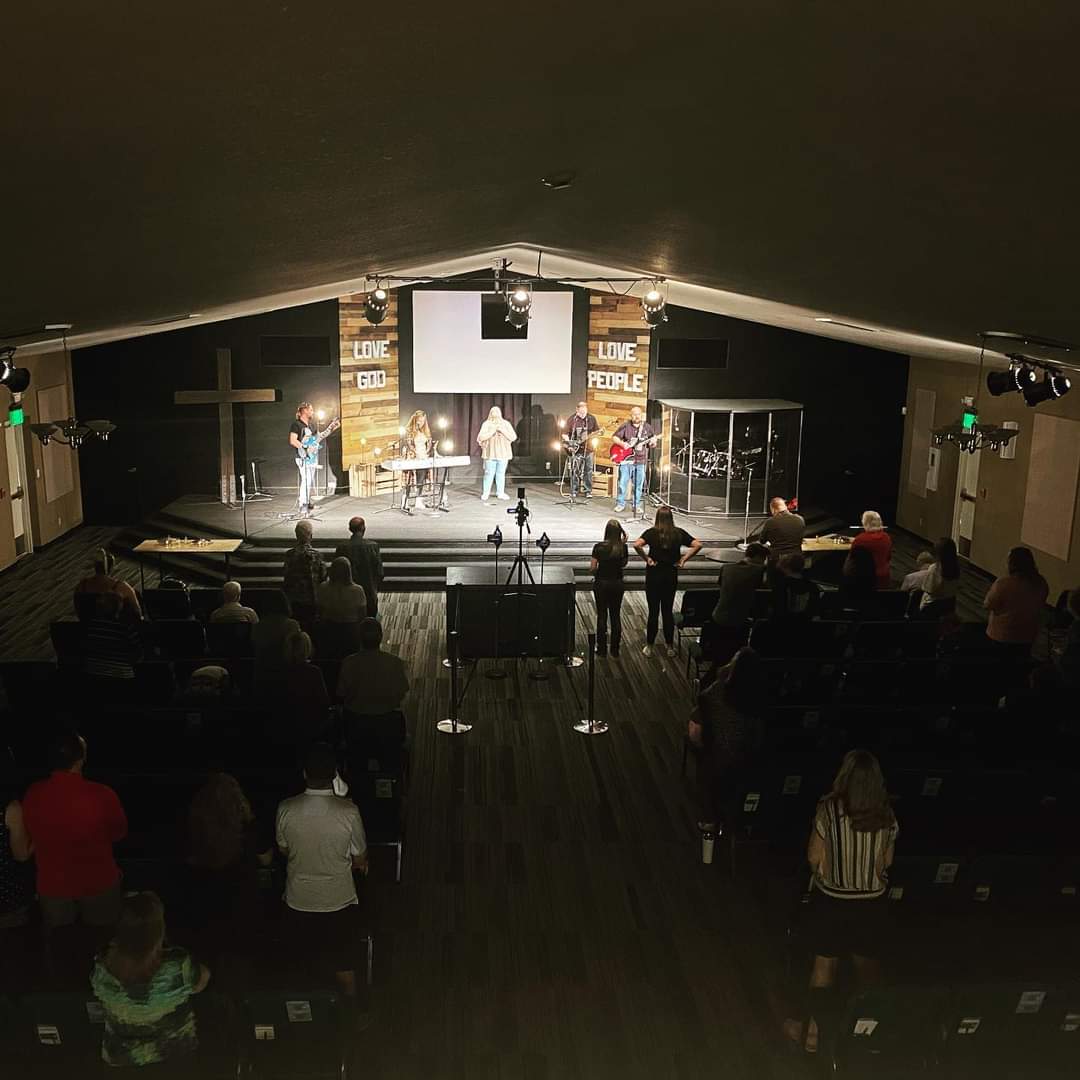
Friday: The Church
Seek God’s will for Hope Chapel as a church. Pray for God to help us as a congregation reflect the character of Jesus Christ, follow the will of God the Father, and seek the gifts of the Spirit to build His church. Consider how the church should be part of your rhythm of life?
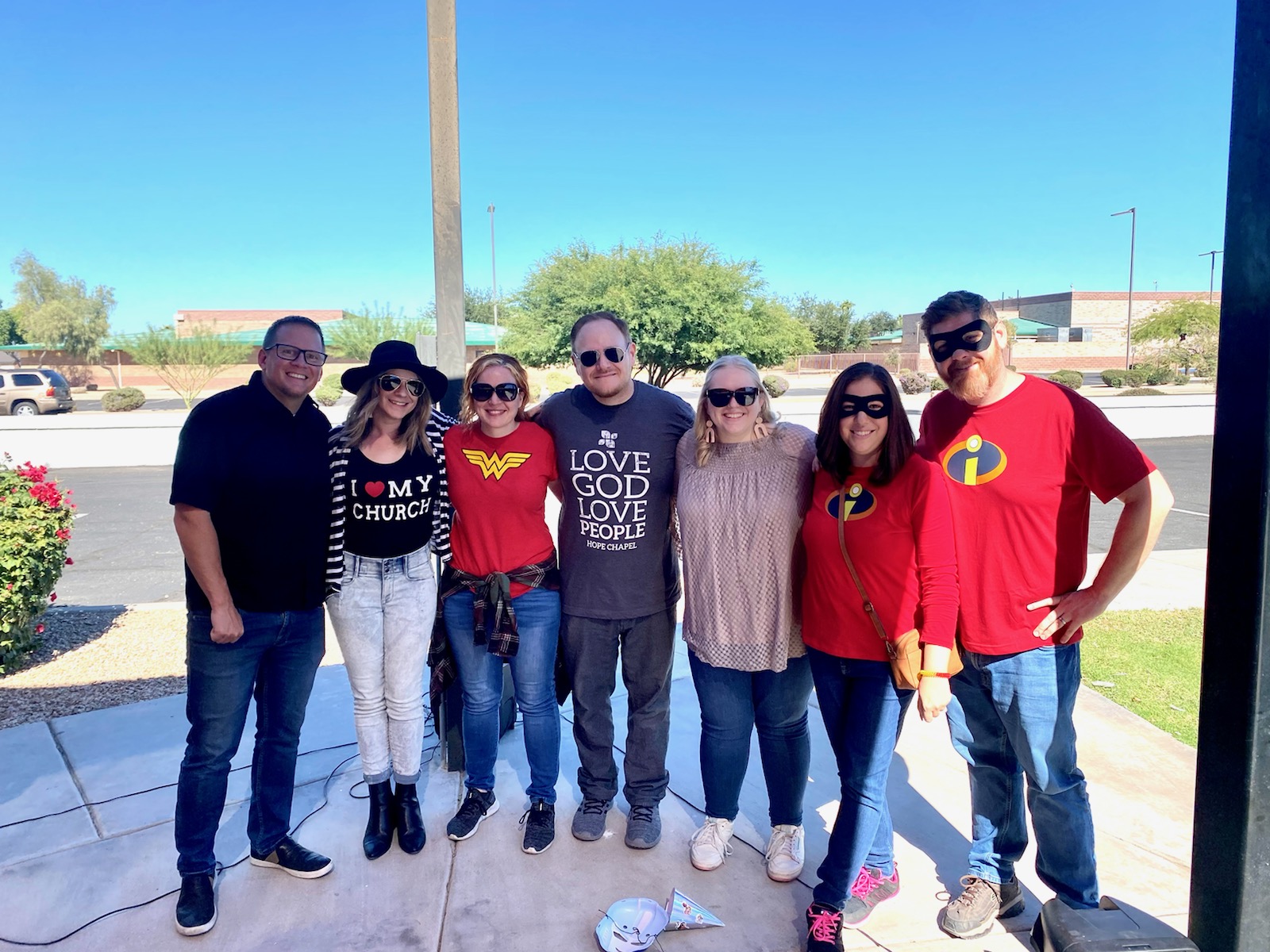
Saturday: The Leadership
God’s word calls us to pray for our government and church leaders as part of our rhythm of life. Pray that they will lean into the Lord to lead and guide them as they make choices and lead us.
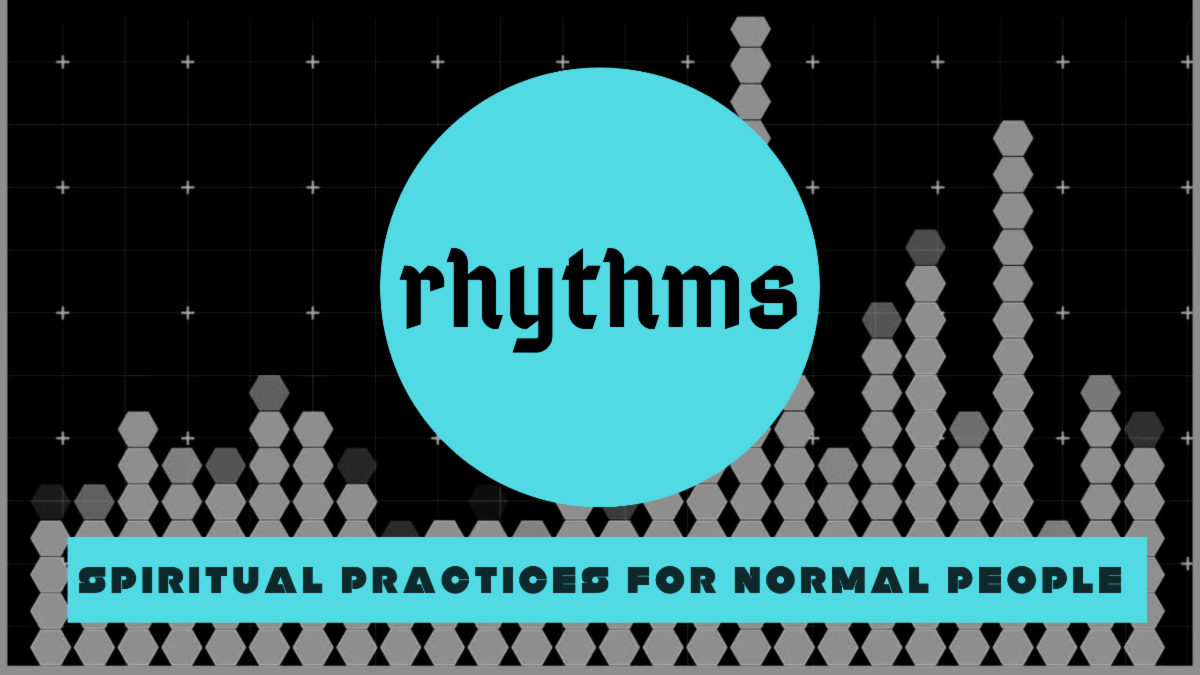
Sunday: Rhythms and Growth
Pray that the new rhythms and routines we establish would function spiritually like a training regimen does for an athlete physically and help us grow stronger in Christ. Consider where God is calling you to grow stronger and tailor your rhythm of life to focus on helping you grow in those areas.
